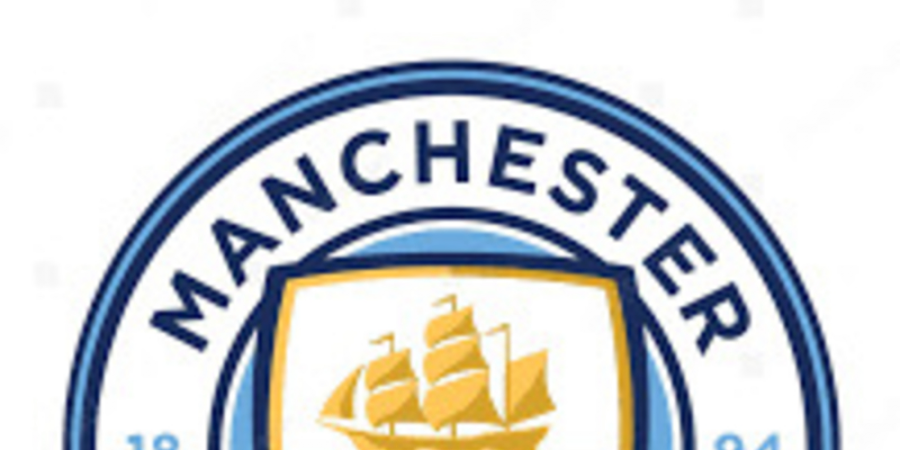

Manchester City, a powerhouse of modern football, has enjoyed a period of sustained success under Pep Guardiola, dominating domestic competitions and establishing themselves as one of Europe’s elite clubs. However, even the mightiest teams face challenges, and recent dips in form or unexpected events can raise questions about the state of the team. Let’s dive into the possible scenarios that could lead to the question, "What happened to Manchester City?"
Football is a game of cycles, and no team can stay at the peak of its powers indefinitely. If Manchester City experiences a slump in form, several factors could be at play:
Player Fatigue:
With City competing in multiple competitions every season—Premier League, Champions League, FA Cup, and Carabao Cup—players often face intense physical and mental demands. This could lead to fatigue, injuries, or a lack of sharpness.
Injuries to Key Players:
City’s system relies heavily on key individuals, such as Kevin De Bruyne, Rodri, or Erling Haaland. An injury to one of these players can disrupt their rhythm and effectiveness on the pitch.
Tactical Adjustments by Opponents:
Teams may adapt their tactics to counter City’s style, particularly their reliance on possession-based football and high pressing. A well-organized defense or counter-attacking setup can expose vulnerabilities.
Transition Period:
After years of dominance, teams sometimes need to rebuild or refresh their squad. Departures, new signings, or younger players stepping into bigger roles can lead to temporary instability.
Financial Fair Play (FFP) Investigations:
Manchester City has faced scrutiny over alleged breaches of FFP regulations in the past. Ongoing investigations or potential sanctions could distract the team or impact its operations, including player acquisitions.
Managerial Changes or Rumors:
Although Pep Guardiola has been a transformative figure for City, speculation about his future or eventual departure could affect the team’s focus and morale. Transitioning to a new manager would also require significant adaptation.
Ownership or Administrative Challenges:
Any instability or controversy involving the club's ownership or boardroom decisions could filter down to the players and coaching staff, affecting on-field performance.
The Premier League is fiercely competitive, with teams like Arsenal, Liverpool, Manchester United, and Chelsea constantly improving their squads. A resurgence from rivals or tactical innovations by other managers could make it harder for City to maintain their dominance.
In European competitions, City has often faced stiff challenges from clubs like Bayern Munich, Real Madrid, and Paris Saint-Germain. The pressure to secure a second Champions League title could weigh heavily on the squad.
Guardiola’s philosophy is meticulous, but even the best strategies can stagnate if not refreshed. Opponents who study City’s style may find ways to exploit weaknesses, such as:
As one of the most successful teams in recent history, Manchester City faces immense scrutiny from fans and media. A few poor performances or missed opportunities can quickly lead to questions about their trajectory, even if the overall picture remains positive.
Manchester City has proven resilient in the face of challenges, and their infrastructure—both on and off the pitch—is designed for sustained success. Whether dealing with a temporary dip in form, addressing off-field issues, or adapting to new competition, the club has the resources and expertise to bounce back.
If recent struggles are causing concern, they are likely a blip in the grander scheme of City’s dominance. As long as their foundation remains intact, Manchester City will continue to be a force to reckon with in world football.
